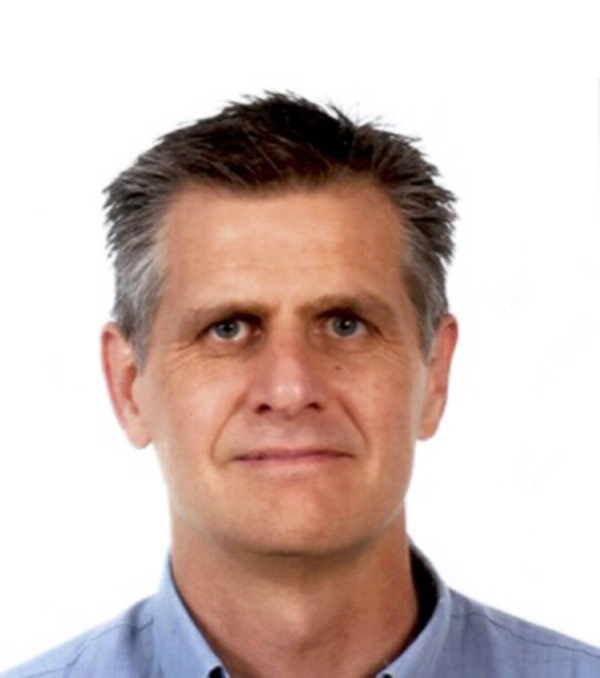Advances in systems science, including high throughput ‘omics’ technologies and bioinformatics, have contributed to a radically new understanding of inflammation. For example, it is now recognized that acute inflammation does not end passively but is actively controlled by a complex network of signaling molecules that become most prevalent during a second phase of inflammation named inflammation resolution. The most well characterized signaling molecules controlling inflammation resolution are derivatives of n-3 and n-6 polyunsaturated fatty acids (PUFAs) and are named specialized pro-resolving lipid mediators (SPMs). SPMs are found in low concentrations throughout the body as a superfamily of structurally related molecules named lipoxins, resolvins, maresins and their associated conjugates. In addition to promoting inflammation resolution, SPMs also regulate pain, accelerate and support tissue healing, improve lymphatic system functions, prevent infection, reduce oxidative stress, control central nervous system (CNS) signaling and regulate stem cell activity.
This lecture will outline the important steps that occur during the entire time course of acute inflammation including lipid-mediator class switching to support synthesis of SPMs and the variable roles of prostaglandin E-2 (PGE-2). It also will provide clinical relevance to newly discovered steps in inflammation biology including the knowledge that interfering with the resolution phase of inflammation leads to chronic non-resolving inflammation, a driver of all major non-communicable diseases.
Discovery of the inflammation resolution phase of inflammation indicates there is a better way to treat acute inflammatory disease, without the unfavorable risk: benefit ratio of most current single target anti-inflammatory synthetic drugs. Natural health products used to treat inflammation, including marine-derived n-3 PUFAs, help support inflammation resolution and are therefore, well positioned to be part of a new therapeutic frontier for treatment of inflammation named the post-aspirin era or the era of resolution pharmacology. Developing an understanding of inflammation resolution and its clinical relevance will provide Naturopathic doctors, and other healthcare professionals, with additional insights into therapeutic tools that can improve the care of their patients with acute or chronic inflammatory disease.
Learning Objectives:
At the end of this lecture, participants will be aware of:
- The major steps involved in inflammation resolution including lipid mediator class switching to promote the synthesis of specialized pro-resolving lipid mediators (SPMs) and the multiple roles of PGE-2
- The difference between an anti-inflammatory and pro-resolution medication
- Different ways to interfere with inflammation resolution, leading to chronic non-resolving inflammation and the development of chronic disease
- The use of Natural health products including n-3 PUFAs to support SPM synthesis and therefore, the resolution of inflammation
CE credits
CONO: Category A: General -1.0 credit
British Columbia: Category C- General -1.0 credit
AANP: General -1.0 credit
OANP: General -1.0 credit

Dr David W Lescheid, BSC, PHD, ND
David W Lescheid, BSc, PhD, ND works as freelance Medical Writer and consultant providing scientific material and delivering lectures that help support patient care using Integrative medical principles. He also works part-time teaching Leadership workshops to scientists as well as part-time as the MedicoScientific Manager of the International Academy of Bioregulatory Systems Medicine in Baden-Baden, Germany.
Prior to these current positions, Dr Lescheid was a Professor at the Canadian College of Naturopathic Medicine where he taught Physiology, Microbiology, and Infectious disease as well as Clinical Care. Additionally, he spent four years practicing full-time in a large multidisciplinary health clinic in Ottawa with specialized interests in the immune system and infectious disease, men’s health issues, obesity concerns, and sports medicine. He has been a member of several federal and international committees including the Expert Advisory Committee (EAC) to Health Canada, the Council for Naturopathic Medical Education (CNME), the Canadian Association of Naturopathic Doctors (CAND), and other government and media relations subcommittees.
Dr Lescheid graduated with honors from the Canadian College of Naturopathic Medicine (CCNM) in 2002. He earned his PhD in Molecular Biology and Protein Chemistry from the University of Victoria. He completed his B.Sc. in Biology, earned a Diploma in Health and Fitness studies from Simon Fraser University, and has additional training in IV therapies, homotoxicology, homeopathy, and different forms of bodywork. Dr Lescheid is a frequent guest speaker at various international medical and scientific seminars, and has published extensively on complementary and integrative medicine.

